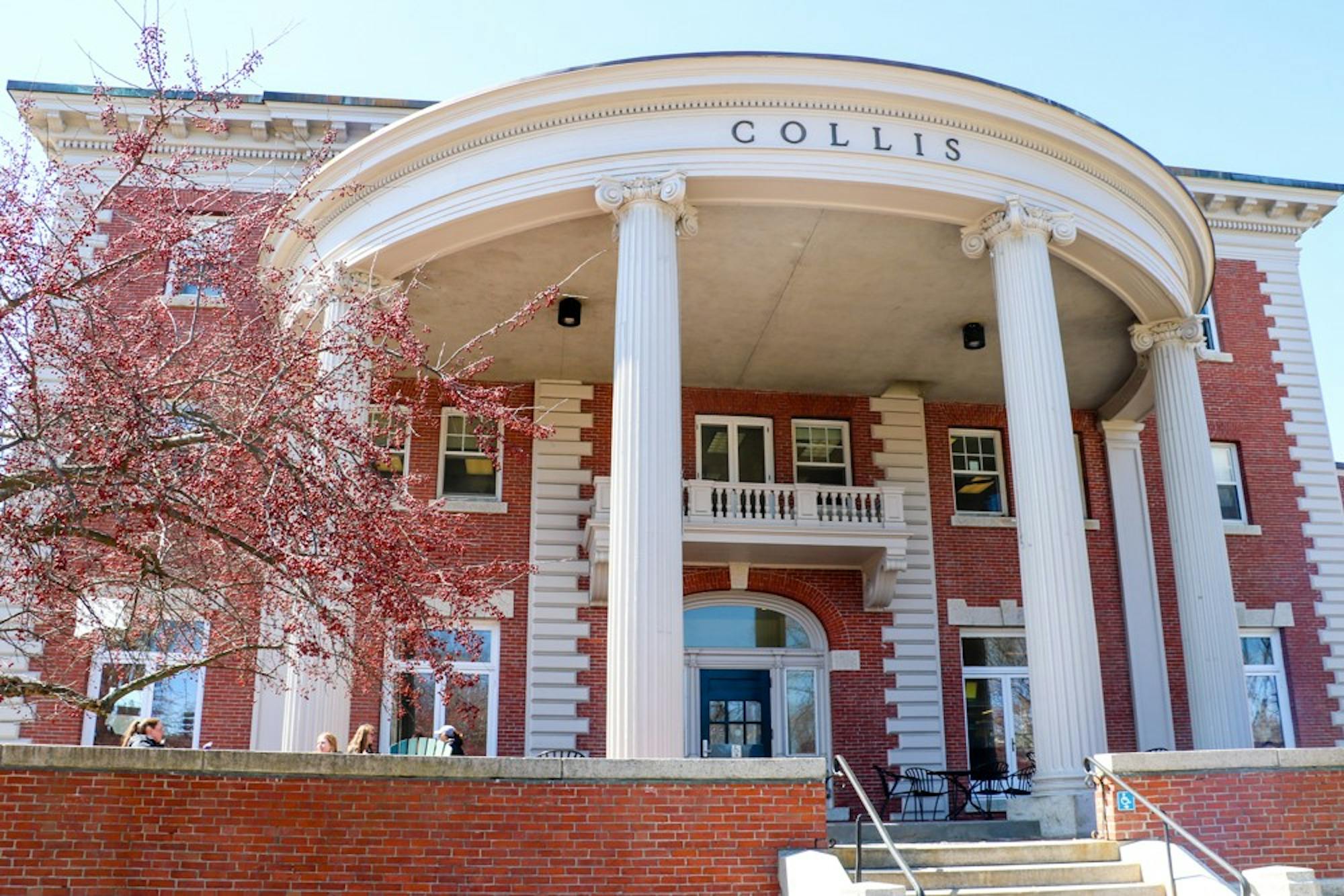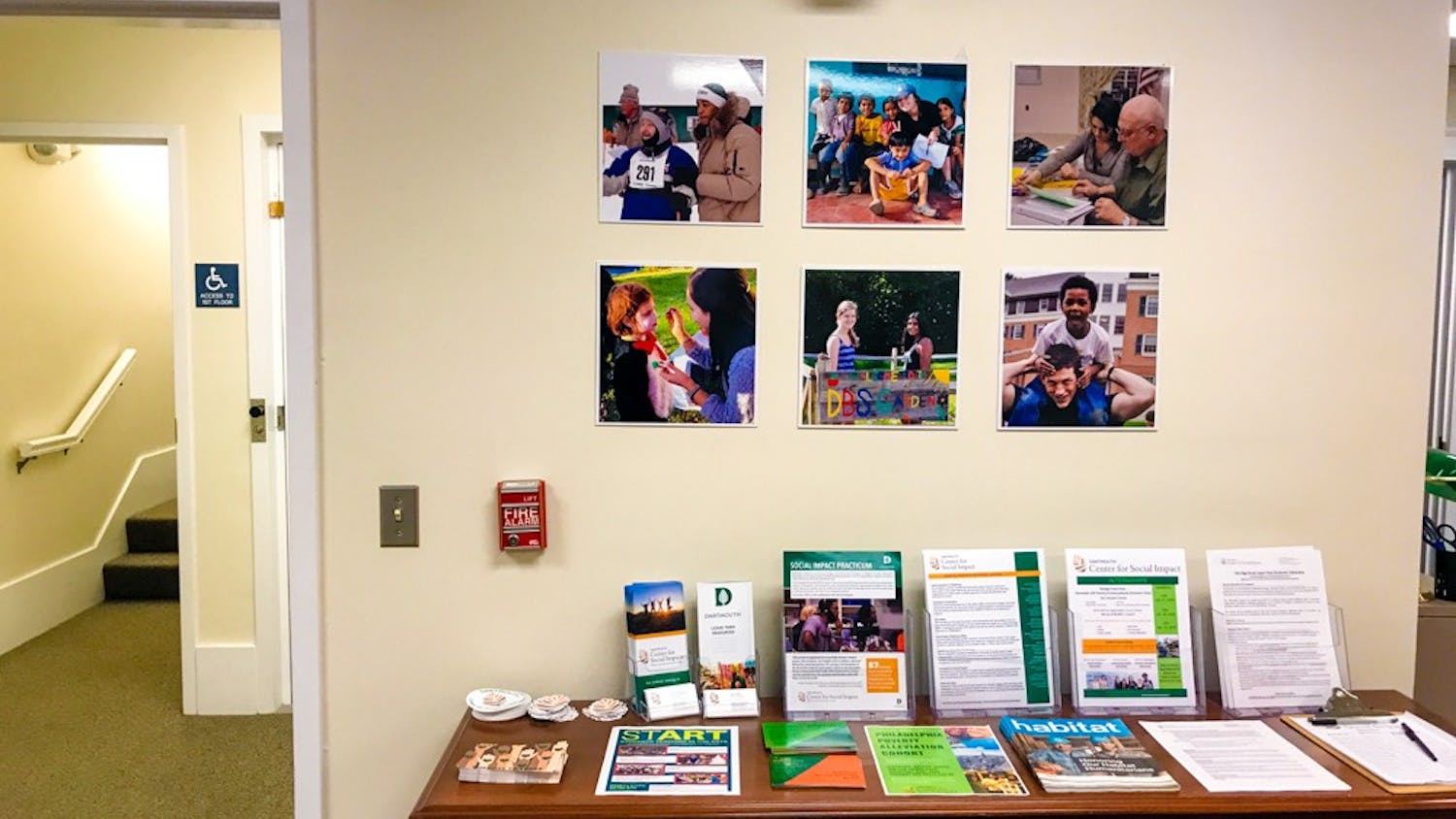As students sort through their email inboxes, they may see that some new clubs have become recognized by the Council of Student Organizations. On Oct. 16, COSO recognized 14 new clubs and organizations.
According to COSO board member Erin Fitzgerald ’20, these clubs include the following organizations: Camp Kesem, Creative Collective, Dartmouth College Foodways Collective, Dartmouth Design Collective, Dartmouth Energy Alliance, Dartmouth Generations, Dartmouth Latinx Public Service Society, Dartmouth India Association, Dartmouth Software Engineering Society, Dartmouth Undergraduate Research Association, Dartmouth Women in Law and Politics, Hanover Community Kitchen and Musical Empowerment.
Some of the new groups recognized by COSO this year are student service groups. According to Fitzgerald, many service organizations were previously run through the Center for Social Impact. She added that COSO received many recognition requests from new service groups which sought official recognition from the College.
“A lot of students were really passionate about starting new service groups,” Fitzgerald said. “They came to us and asked how they could be recognized.”
Fitzgerald said that after new clubs receive COSO recognition, they become eligible for funding, which the COSO board allocates among all clubs and is paid for by the student activity fee charged to students’ tuition bills each term. Additionally, Fitzgerald mentioned that COSO-recognized groups can have access to a listserv and organizational email, as well as the ability to book rooms for meetings.
All COSO-affiliated groups have to go through a recognition process. According to the COSO website, organizations must draft a constitution, find a faculty or staff advisor and have at least 10 student members. Fitzgerald said that after all these requirements are met, all of the recognitions are made at a recognition meeting where the board asks questions about the day-to-day operations of the club and the role of the organization on campus.
“Usually, when we have a new organization, we’re looking for some kind of niche that they’re filling that’s not being filled,” Fitzgerald said. “We also want to see if they’re well-organized and have a structure in place so they can last [for] a long time.”
One of the new clubs that was approved this term is the Dartmouth Design Collective. According to Anca Balaceanu ’20, a leader in the Design Collective, the organization’s goal is to create a “support community” for students interested in design and bring them access to opportunities in the design industry.
“It’s hard to break into the [design] industry coming from a place like Dartmouth,” Balaceanu said. “We want to grow the skills of the Dartmouth community in design and also inform students about how they can get jobs in the design industry.”
Balaceanu said that the group will conduct activities like design career panels and design make-a-thons to help people practice their design abilities. She added that the group also wants to set up a mentorship program between older students and newer students to get new students interested in the field of design.
Another new club that was recognized by COSO this term is the Dartmouth Energy Alliance. According to club co-founder Max Holden ’22, the Dartmouth Energy Alliance seeks to engage students in topics of energy on campus, particularly through the Arthur L. Irving Institute for Energy and Society. Holden added that the club hopes to develop new students’ interests in the field of energy through mentorship programs, research opportunities and other educational opportunities on and off campus.
“We felt that there wasn’t really a space for undergraduates to explore the energy industry,” Holden said. “We really hope to give students a sense of direction about what the energy industry looks like.”



